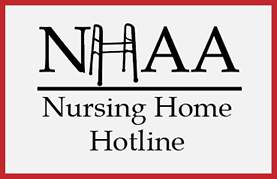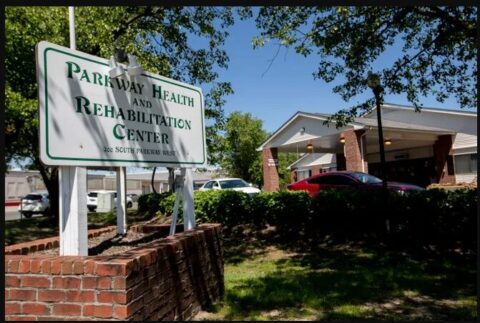State Findings:
Facility failed ensure each resident received adequate supervision and assistance devices to prevent accidents for one (#133) of six out of 19 sample residents.
Resident #133 admitted to the facility on [DATE] with a known history of falling and weakness before being admitted to the facility. The resident was identified as being high risk based on the facility fall risk assessment. The resident was not assessed for a wheelchair to be utilized for her mobility in the room. A transport chair was in her room for mobility which was utilized at the time of her fall instead of a wheelchair, which caused the resident to fall backwards due to not being able to utilize the brakes on the transport chair. Due to the facility’s failure to assess and analyze the hazards/risks of the resident’s use of a transport chair in the facility, she sustained a fall with a laceration that required hospital treatment (see record review below).
Mobility Deck: What Is The Difference Between a Transport Chair and a Wheelchair?
Lightweight transport chairs are not designed for independent use.
Wheelchairs allow for completely independent use even if an individual is paralyzed from the waist down.
The resident was interviewed on [DATE] at 5:15 p.m. She was seated in her recliner with her feet resting on the seat of a wheelchair that was directly in front of the recliner. She said she did remember the fall on [DATE]. She said the wheelchair she had at the time of the fall was red and had small wheels (transport chair). She said the transport chair had been in her room since her admission and she did not know where it came from. She said she had used the transport chair in her room multiple times for ambulation. She said prior to the fall she was seated in the transport chair and the back of the chair faced the television that sat on the dresser against the wall and she faced her recliner. She said she had non-skids socks on at the time of the fall. She said she must have had the brakes on because when she used her feet to push the transport chair back from the recliner (she was not transferring herself at the time), the transport chair tipped backward and she fell to the floor. She hit the back of her head during the process on the dresser.
History of falls: during the past 90 days the resident had three or more falls.
The RM said the resident told her that she tipped over backwards in her transport chair, hit her head on the night stand and received a wound to her head. She said it would have been difficult for the resident to reach the brakes on the transport chair.
-The RM said she was not sure why the resident had a transport chair in her room or how the chair arrived in the resident’s room. She said therapy did not use transport chairs. She said on the day of the fall, a transport chair was in the resident’s room.
The Nursing Home Administrator said she had no knowledge from where the transport chair came from
Your Experience Matters
...and we want to hear it.
NHAA is here to assist families, residents, and the community by sounding the alarm on issues like those found above. This nursing home and many others across the country are cited for abuse and neglect.
If you have or had a loved one living in this nursing home or any other nursing home where you suspect any form of abuse or neglect, contact us immediately.
We have helped many already and we can help you and your loved one as well by filing a state complaint, hiring a specialized nursing home attorney or helping you find a more suitable location for your loved one.
You can make a difference, even if your loved one has already passed away.
Please give us a call at 1-800-645-5262 or fill out our form detailing your experience.
Personal Note from NHA-Advocates
NHAA shares with all the families of loved ones who are confined to nursing homes the pain and anguish of putting them in the care of someone else. We expect our loved ones to be treated with dignity and honor in the homes we place them. We cannot emphasize enough to family members of nursing home residents; frequent visits are essential to our loved ones’ well-being and safety.
If you are struggling and upset, click here to understand your options, or contact us through our contact form or call our toll free hot line number: 1-800-645-5262.








